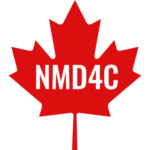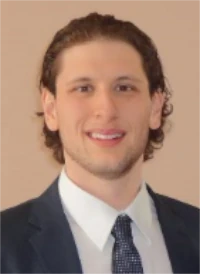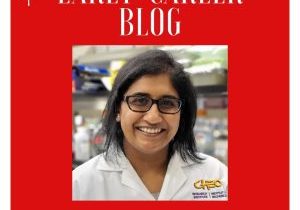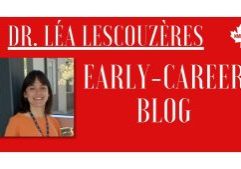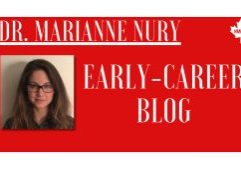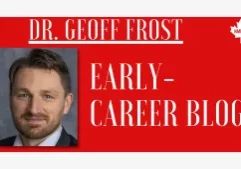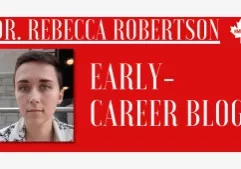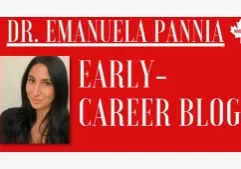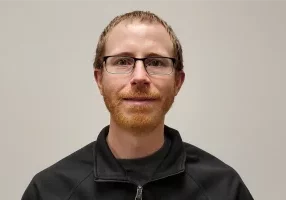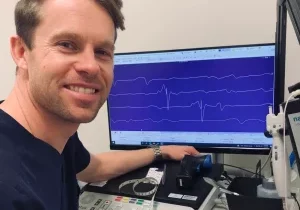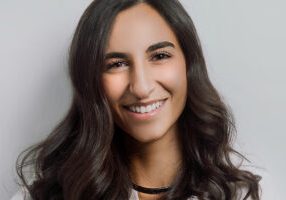Dr. Matthew Triolo’s Early Career Blog
About Dr. Matthew Triolo
Dr. Matthew Triolo is a Postdoctoral Fellow working within Dr. Mireille Khacho’s lab in the Faculty of Medicine at the University of Ottawa. Matthew first completed his BSc in Kinesiology and Health Science with a Minor in Biology at York University. After completing his MSc investigating whether electrical pulse stimulation can enhance muscle cell activity under the guidance of Dr. Michael Connor, he subsequently worked towards his PhD as a member of the Muscle Health Research Centre at York University. While under the supervision of Dr. David Hood, his work focused on skeletal muscle autophagy, mitophagy and lysosome biogenesis in the context of aging, disuse, and exercise. As a new Postdoctoral Fellow, Dr. Triolo is investigating mechanisms by which mitochondria regulate muscle stem cell homeostasis and function. He enjoys playing a variety of sports including hockey, golf and baseball, and spending time with his family, friends, and cat, Luna.
Dr. Matthew Triolo's Blog
As a research scientist, I am often asked by friends and family how I decided on this “unorthodox” career path. Unfortunately, there is not enough time for me to explain the full story to each person who asks. However, I always try to get one message across – although this was not my initial dream, it stemmed from a series of lived experiences, as you will see below. Ultimately, I learned that life and career aspirations are malleable, they change based on the experiences we have and the blending of interests from different realms of our life.
As a child growing up in Toronto, I was consumed with the idea of becoming a professional hockey player – after all, who wouldn’t want to be paid millions of dollars to play a game they love? I worked hard to get there, but unfortunately, as many of us learn, there are finite positions available, and only the best make it. This realization hurt, and I was at a crossroad continue this journey or embark on another, I decided on the latter. Through sport, I had the opportunity to mentor other, younger athletes. I reveled in their success as much as I enjoyed reaching my own goals. With this combined interest in sport and mentorship, I decided to become a health and physical education teacher, which led me to enroll in the Kinesiology and Health Science program at York University.
Upon entering University, I quickly immersed myself in the curriculum. As I began to learn about the intricacies of the human body, I took an interest in the molecular mechanisms that regulate physiology at a cellular level. I was also invigorated by the numerous professors who were extremely passionate about their area of expertise. I saw how these individuals were able to satisfy their scientific curiosity whilst simultaneously mentoring undergraduate and graduate students. This aligned with my previous desire to teach, and as such, my perspective began to shift, and I began this journey by applying to graduate school.
It was immediately clear that I wanted my research goals to align with my personal interest in health and wellness. Thus, I decided to study skeletal muscle physiology and biology. I focused my research on the molecular mechanisms that regulate tissue adaptation to chronic muscle disuse, advancing age and exercise. I also cherished the opportunity to mentor undergraduate students as both a teaching assistant and providing guidance to their research projects within the laboratory. It evoked the same feelings as mentoring young athletes, and it was becoming more and more clear that I was on the path to my dream career.
Although I absolutely loved the research I undertook in my graduate studies, I found myself consistently immersed in the literature surrounding 1) muscle pathophysiology and 2) the dynamics of muscle regeneration. I decided that the next step in my journey would be to explore these interests. Knowing that the University of Ottawa had a great network of scientists in both realms, the decision to continue the pursuit of my dream career at this institution was easy.
As a new Postdoctoral Fellow, I have just begun to dip my toes in these waters and am excited for what the future holds. As I get my feet wet, I want to leave off with one final message to others who are early in their scientific careers - be open minded about your journey, accept change, and adapt accordingly.
